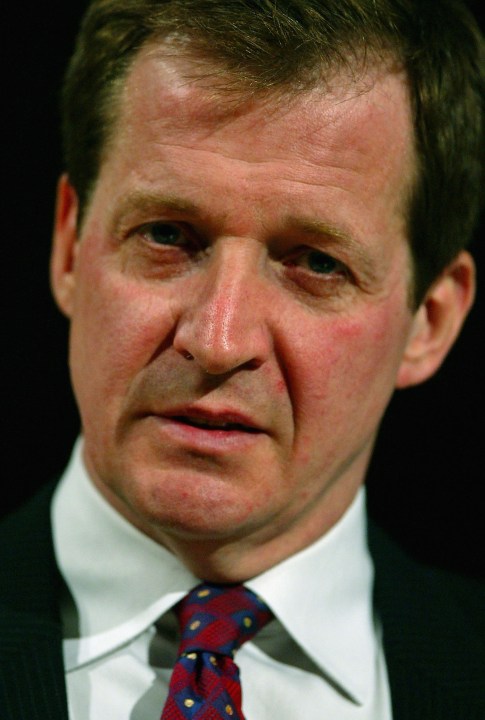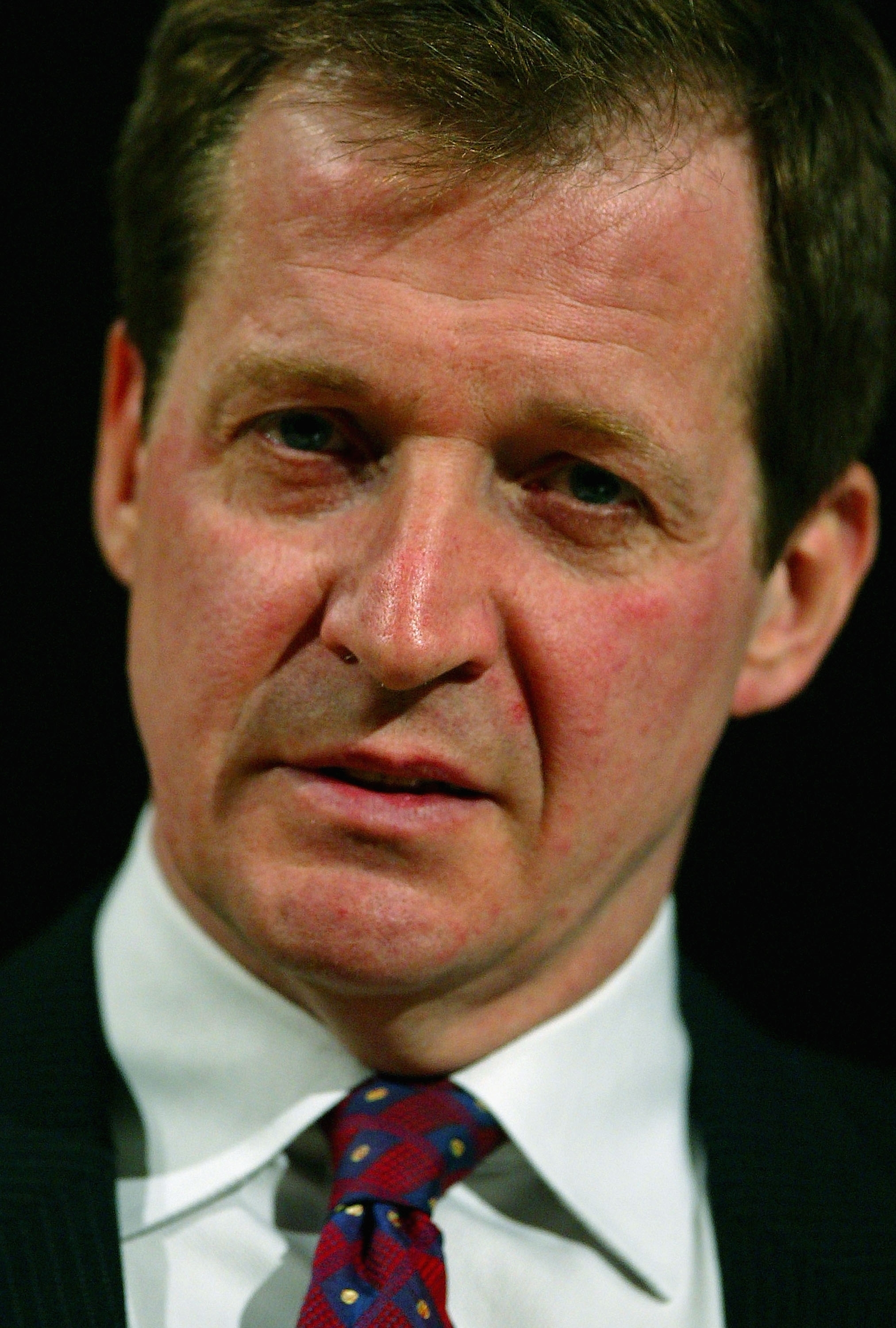August 11th, 1994: on Blair telling him about his plans to ditch Clause 4, while trying to persuade Campbell to work as his press secretary:
“By now, he had also let me know, and sworn me to secrecy, that he was minded to have a review of the constitution and scrap Clause 4. I have never felt any great ideological attachment to Clause 4 one way or the other. If it made people happy, fine, but it didn’t actually set out what the party was about today. It wasn’t the politics or the ideology that appealed. It was the boldness. People had talked about it for years. Here was a new leader telling me that he was thinking about doing it in his first conference speech as leader. Bold. I said I hope you do, because it’s bold. I will, he said. And he had a real glint in his eye. He knew that in terms of political substance, it didn’t mean that much. But as a symbol, as a vehicle to communicate change, and his determination to modernize the party, it was brilliant.”
Comment: Campbell makes clear the degree of detailed planning that went into the clause 4 “moment” – not just a lot of thinking before hand, but the “huge political and communications exercise that would follow.” The lesson for David Cameron, if he seeks an equivalent to communicate how the Conservatives have changed, is that it must be part of an equally detailed strategy to ensure it succeeds. Unfortunately, the grammar schools row was more stumbled into, and didn’t work out as hoped. Campbell reveals that he was so impressed by Blair’s boldness on this issue, that it persuaded him to give up journalism to work as his press secretary.
Anthony Browne, director of the think-tank Policy Exchange and prior to that the chief political correspondent of The Times, is plucking out the most interesting passages from the just published Alastair Campbell diaries for Coffee House. To read his previous entries, click here and here.







Comments